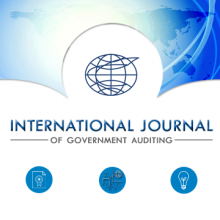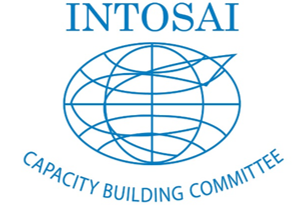Letter from the Editor

by Bill Keller, Editor, INTOSAI Journal
As journalists, we do our best to ensure that everything is clear, concise and correct. But, there are times when we don’t always completely meet that challenge, particularly taking into account the global nature of our business.
In the Spring 2016 issue of the INTOSAI Journal, we published quite a bit of news and some fascinating feature articles. In fact, we received numerous inquiries about some of the reporting in the last edition, specifically submissions from the State Audit Office of the Republic of Latvia. As you may have read, the SAO of Latvia has initiated legal amendments that are designed to ensure more attentive monitoring of public officials’ actions when it comes to the use (and misuse) of public sector funds. These amendments were described in both the News in Brief and Feature Story sections of the Journal.
Because our readership brought forth some intriguing questions, particularly about the feature piece, “Seeking ways to increase the liability of civil servants and public employees for squandering of public assets”, we felt it only right to respond. We reached out to the SAO of Latvia, who graciously provided us with the clarification sought by some of our readers. What follows is a brief Q&A that sheds more light on increasing civil servant accountability.
Q: What exactly is meant by the phrase “increase the liability”?
A: The broad objective is to strengthen the accountability of public officials. Compensation for the losses caused to state and municipal budgets is seen as one of the tools, however, more of a preventive character. According to the suggested modifications to the law, in all cases, when as a result of an illegal action, losses were caused to state or municipal budgets, recovery of losses from the officials shall take place. The modifications do not relate to uneconomical, inefficient and ineffective use of budget resources, but focus on illegal actions.
Q: There is some mention of the SAO applying sanctions. Will this still be in an advisory capacity to the courts and other law enforcement institutions?
A: In the first instance, the institutions themselves are responsible for assessing misbehavior of the officials and deciding of possible sanctioning within five months after the audit report is issued. This provision is already enforced by the legal framework. The modifications envisage that in cases, when the assessment is not done properly or the decision of the institution is not justified, the SAO will review the case and take a decision on recoveries. In fact, this means that the SAO, on the top of an audit function, will take up an additional function—Audit Court function, as it is the case in some other EU member states.
Q: There is also mention of withholding of funds for those deemed responsible for mishandling of resources. Would the withholding of funds be on an organizational level, as well as an individual level?
A: Draft modifications prescribe recovery of damages from a particular physical person, who mishandled state or municipal budget resources [not the organization].
Q: Would the accused, in all cases, have the opportunity to try to implement the recommended actions prior to being assessed penalties?
A: Implementation of the recommendations issued as a result of audit does not relieve one’s responsibility to recover damages caused as a result of an illegal action; however, a person can compensate/reimburse the damage caused at any time, without waiting for issuing of the administrative act on recovery of damages.





